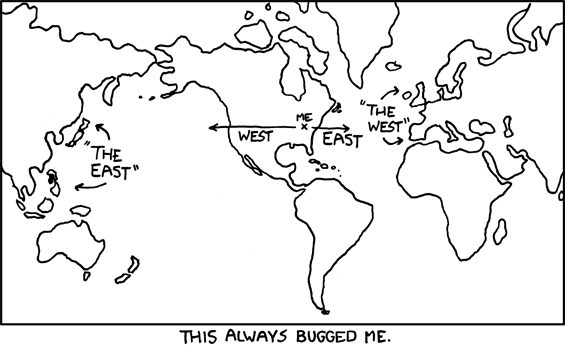Epiglottal clicks and giant balls of feathers
Why, for heaven's sake, do journalists simply make stuff up when the science involved in a story is linguistic science? When the photos of those planets orbiting HR 8799 in Pegasus appeared this week, the press reported correctly that the objects in question were gas giants like Jupiter. They didn't say that they were giant balls of feathers. But when writing about the death of the late lamented South African singer Miriam Makeba, The Economist asserted that "she could sing while making the epiglottal clicks of the Xhosa language". Bob Ladd has pointed out to me that actually there are two asinine howlers in this. One, which I didn't immediately notice, is that we don't speak about Edith Piaf as being able to sing while making the uvular trills of the French language, because those sounds are part of the French language: they are perfectly ordinary consonants (r-sounds). She sings words that contain them, and if she didn't, she wouldn't be singing the right words. Well, the clicks of Xhosa are (for Xhosa speakers) perfectly ordinary consonants too. But the other thing is more serious: "epiglottal clicks" are a phonetic impossibility. In brief, clicks are produced with a suction action using the middle of the tongue, and the back of the tongue completely seals off the airway during a click. The epiglottis is way down near the larynx. It is literally impossible for there to be a click (i.e., velaric suction stop) articulated at or with the epiglottis. There are epiglottal sounds in some languages, but they are not clicks; and Xhosa doesn't have any epiglottals. The (anonymous) obituarist was simply slinging around phonetic terminology they had come across but did not understand. Shame on you, Economist. Hire a fact-checker. Or look things up on Wikipedia. Or ask Language Log.
Read the rest of this entry »
